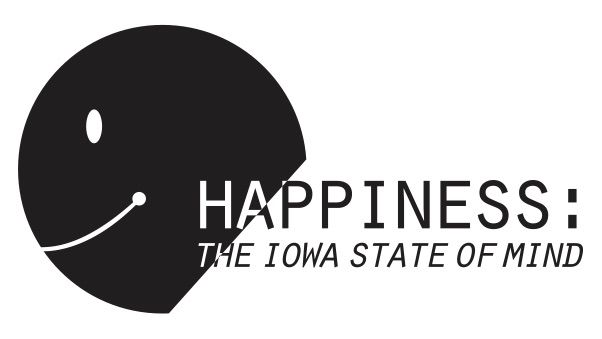Letter: Mindful meditation
April 10, 2017
Meditation is a concept and practice that means many different things to different people. There are numerous forms of meditation, and one feature that is common in many different forms of meditation is that people direct their attention or concentration on a particular object, idea, sensation or experience. One particular form of meditation that has gained the attention of researchers in recent decades is mindfulness meditation, in which individuals focus their attention on the present moment, often paying attention to their breath as it flows in and out of their body. If during this experience, one’s mind wanders, then he or she should gently and nonjudgmentally bring his or her attention back to their breath.
There is a notable research base investigating meditation and mindfulness practices that indicates these experiences can lead to an increased ability to concentrate and a reduction in anxiety and depression. While such effects can take time to accumulate and vary from person to person, there is evidence that meditation can lead to valuable mental outcomes.
As the reflections of the participants this week indicate, meditation can be a difficult process. Relaxing and quieting one’s mind can be challenging and even frustrating. However, many people find the experience to be quite relaxing and even pleasurable. Given the evidence that meditating can lead to positive mental outcomes, I believe it is worth trying. Try starting with small periods of time, even 10 seconds, and then gradually increase duration of your sessions. You can meditate at home, at the library or even on the bus. Taking just one minute to mindfully relax and meditate can make a huge difference in a stress-filled day. Give it a shot. Close your ideas, relax your body and focus on breathing in and out. If your mind wanders, nonjudgmentally return your breathing. Good luck!







